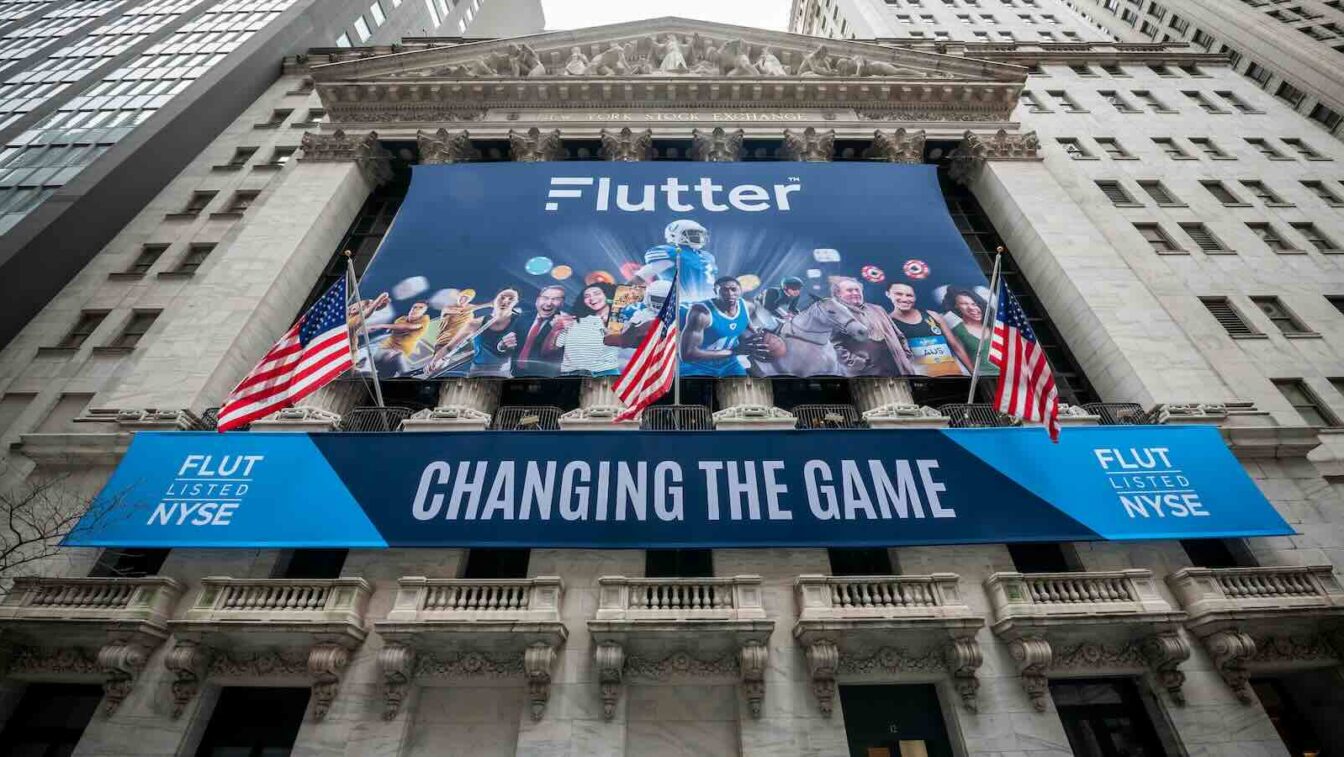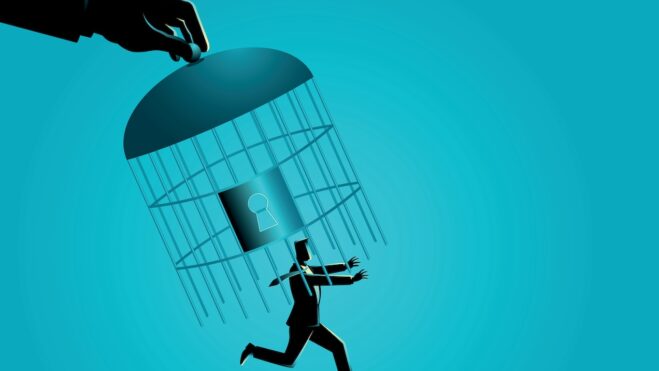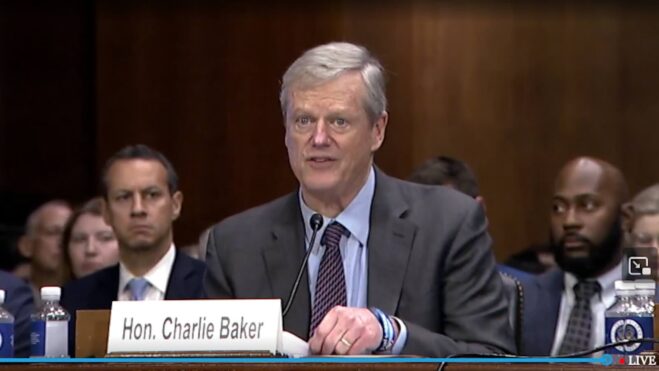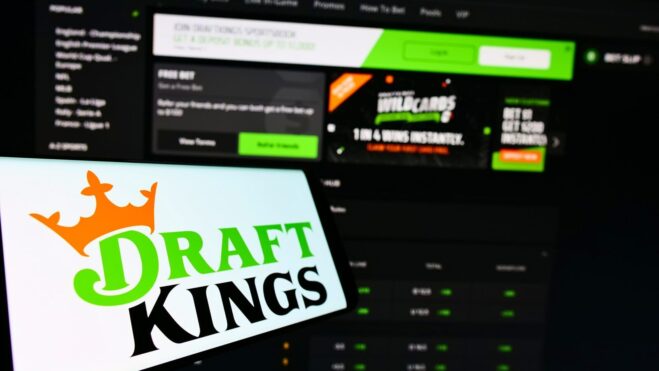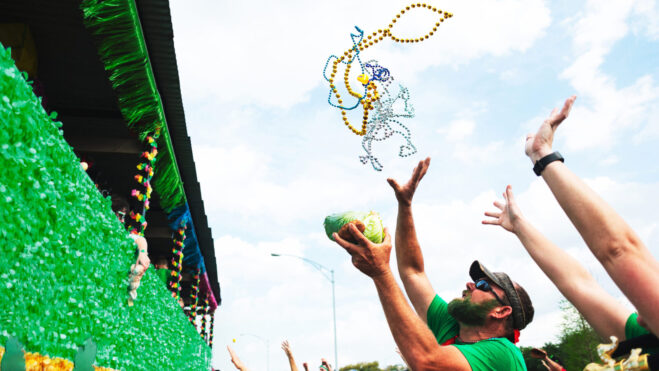From New Coke To Integrity Fees: Abandoned DraftKings Surcharge Takes Its Place Among All-Time Bad Ideas
DK’s ill-advised plan to charge a fee on winning wagers lasted all of 12 days
4 min
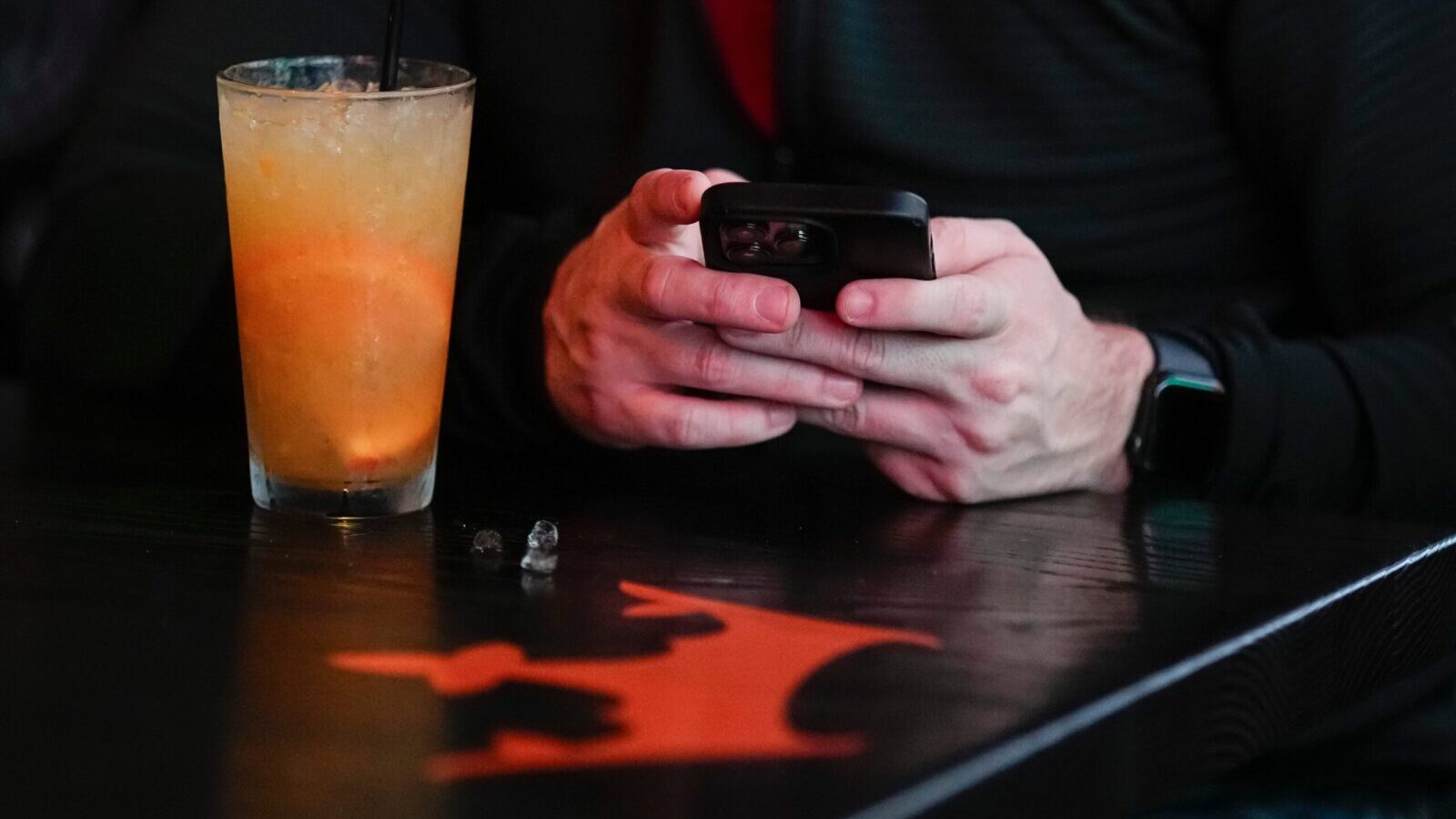
Well, that was quick.
On Thursday, Aug. 1, DraftKings announced that, effective Jan. 1, 2025, it would be charging customers a tax on all winning bets in a handful of states.
Twelve days later, on Tuesday, Aug. 13, DK said “jk!”
In the face of an overwhelmingly negative reaction from almost all corners of the gambling industry, and competitors BetRivers, ESPN Bet, and finally, and most importantly, FanDuel revealing they did not intend to implement a surcharge of their own, DraftKings took to social media to announce the company had changed its mind and would be tossing the proposed winner tax into the vast graveyard of failed business ideas.
On the one hand, let’s give CEO Jason Robins and the team at DK a little credit. Corporations introduce lousy ideas all the time, and no matter how much writing is on the wall, egos prevail and the lousy ideas are seen through to execution and a great deal of financial and/or reputational damage is done. DraftKings recognized that it had a turkey on its hands — certainly in terms of reputation, even if the long-term financial repercussions were debatable — and cut its losses.
In fact, it probably cut its losses before there were any losses. There’s a good chance that a few months from now, you’ll say to your buddy, “Hey, remember when DraftKings was going to put a 3.2 percent fee on winning bets?” and your buddy will struggle to remember what the heck you’re talking about. Between the speed of the modern news cycle and the shortening of attention spans, a story like this will fade into the background almost immediately.
So that’s the glass-half-full analysis. On the other hand …
Transparently ridiculous
The fact that DraftKings cut bait on this idea in less than two weeks tells you just how misguided an idea it was.
In no public-facing sector do customers ever take kindly to a company saying, “The cost of doing business has gone up, and we’ve selected you, the customer, to foot that bill.” That’s what DraftKings was doing here. Facing high tax rates in certain states — most of which DK had signed up for, though Illinois and Ohio are two exceptions that chose to inflate their taxes midstream — the sportsbook decided, in the name of “transparency,” that receipts from winning wagers would show a “nominal” amount deducted from the customer’s account.
And what DraftKings called nominal percentages would have been, for any remotely serious gambler, significant. One percentage point here or there is often the difference between a bettor having a perceived edge and not.
So while transparency is to be applauded — it was refreshing that DraftKings wanted to “show its work” rather than sneakily increasing the vig on parlays or going some other route that few gamblers would have noticed — in this case, it was, frankly, dumb. It was terrible PR. It was a slap in the face to customers and an announcement that, “If you’re at all price sensitive, find another sportsbook.”
The DraftKings surcharge was a terrible idea and poorly marketed. There are no bad ideas in a brainstorm, as they say, but bad ideas shouldn’t escape the brainstorming room. The DraftKings surcharge did, and had it become reality, it would have joined New Coke (born 1985, basically died 1990), Crystal Pepsi (born 1992, died 1994), Quibi (born April 2020, died December 2020), Google Glass (born 2013, died 2015), the Ford Edsel (born 1956, died 1959), and Dennis Miller on Monday Night Football (born 2000, died 2002) among the all-time flops.
Other betting bungles
Within the sports betting space, the DraftKings surcharge was hardly the first bad idea of the post-PASPA era.
That distinction, for first bad idea and arguably still the worst, or at least the most offensive, is the term “integrity fee.” Sports leagues wanted a direct cut of the proceeds to pay for the “integrity” of their competitions. Hmm. Fans might reasonably have hoped integrity was already being addressed before the widespread legalization of sports betting. Guess not. The leagues quickly pivoted their monetization strategy to focus on the data supply chain. They leaned into “official data fees” and designating betting firms as official or authorized partners. But it was all fairly gross and greedy, especially given how much extra money, through both increased viewership and direct sponsorship dollars, every major sport was enjoying thanks to the existence of gambling.
Other memorably ill-advised ideas and business decisions in the sports betting world over the last six years:
- Letting unproven operator Intralot have a monopoly over Washington, D.C. mobile sports betting (which devolved years later into an active investigation);
- PENN Entertainment buying Barstool Sports and then selling it back to Dave Portnoy for … $1;
- Maxim Bet and SI Sportsbook, each built on the idea that formerly popular print magazine brands could power a sports betting operation;
- Every (expensive) attempt to legalize sports betting in California without first getting the state’s tribes on board;
- DraftKings’ infamous “Never Forget” parlay, a 9/11-branded bet;
- FanDuel posting a 2020 election betting market in West Virginia for a hot second, without authorization;
- PointsBet’s commercial that appeared to show Drew Brees getting struck by lightning;
- Ohio launching sports betting at midnight on New Year’s, minutes after the conclusion of a massive Ohio State vs. Georgia national title semifinal.
Watch those lines …
Where will DraftKings go from here, after abandoning the surcharge idea?
As Establish the Run’s Adam Levitan posted on X, DraftKings could still improve its edge over customers in less obvious ways, such as by increasing the vig in markets where it’s somewhat hidden, by reducing promos, or by making its standard pricing -112 instead of -110.
At least one social media account posted an hour after Tuesday’s news that DK lines were already at -115 instead of -110, but none of the replies were able to confirm that. In Pennsylvania, where I live — one of the higher-tax-rate states that was due to be hit with the winner tax — lines were the usual -110 on Wednesday morning.
For the moment, damage control figures to be the top priority at DraftKings. Just check the replies to the tweet announcing that “we have decided not to move forward with the gaming tax surcharge” to get a sense of the wide range of snark out there in the gambling community.
Other choice words:
- “We listen to customers = Fanduel didn’t join us”
- “The fact that you even thought this was a good idea in the first place is a red flag. Fire whoever came up with the idea.”
- “Awww man I really wanted that tax surcharge”
- “Great. Now can you let your customers bet $20?”
Oh well, the surcharge was a foolish idea, but it was put out of its misery after just 12 days, and now the sports gambling world can move on.
And the brain trust at DK can get back in the lab and tweak its proprietary recipe until it’s ready to share New DraftKings with the world.


